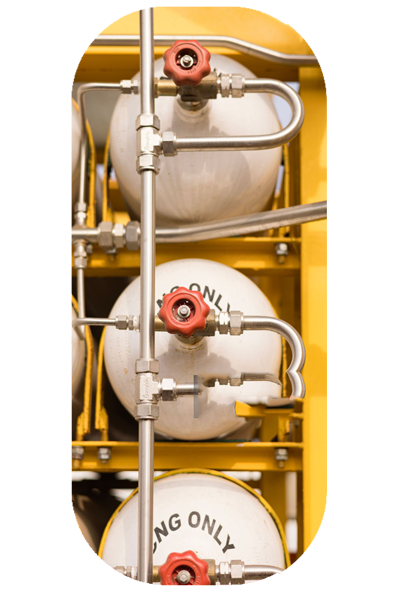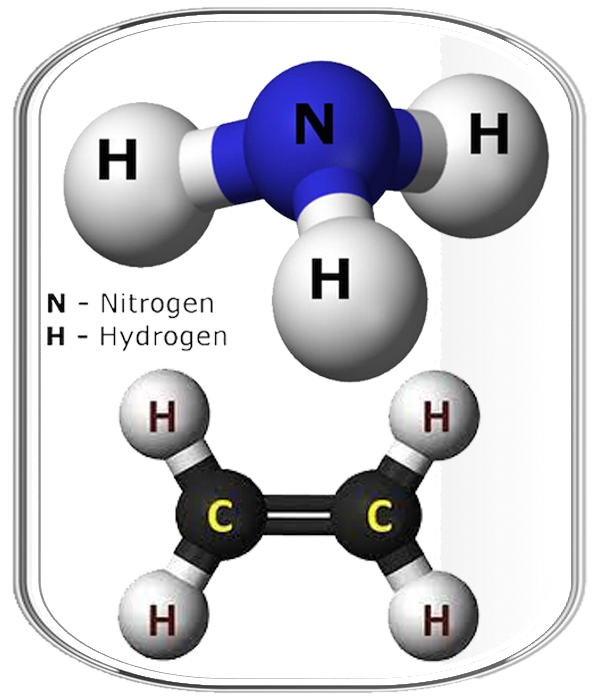

Solution
Gas-To-Wire (GTW)
Gas-to-wire (GTW) is an innovative approach in the energy sector that involves converting natural gas directly into electricity at or near the source of production, typically at remote gas fields. This process eliminates the need for costly transportation infrastructure to deliver gas to centralized power plants, making it a more efficient and economically viable solution for areas with limited access to electricity grids.
Gas to wire also plays a crucial role in transitioning towards a more sustainable energy future by reducing reliance on coal and other high-emission fuels, enhancing its appeal as a clean energy solution. Overall, gas-to-wire represents a significant opportunity to meet growing electricity demand while reducing environmental impact, contributing to a more sustainable and resilient energy infrastructure in Nigeria.



